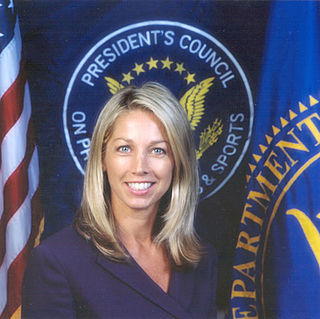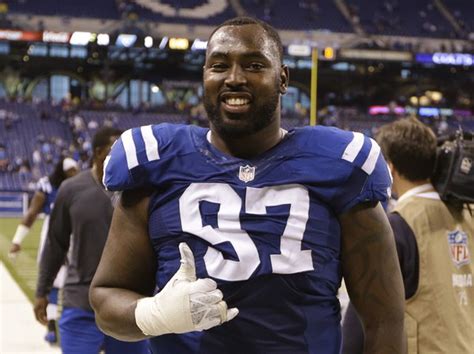A Quote by John Ratey
It turns out that moving our muscles produces proteins that travel through the bloodstream and into the brain, where they play pivotal roles in the mechanisms of our highest thought processes.
Related Quotes
So many of the chemical reactions occurring in living systems have been shown to be catalytic processes occurring isothermally on the surface of specific proteins, referred to as enzymes, that it seems fairly safe to assume that all are of this nature and that the proteins are the necessary basis for carrying out the processes that we call life.
Doing is very good, but that comes from thinking. Little manifestations of energy through the muscles are called work. But where there is no thought, there will be no work. Fill the brain, therefore, with high thoughts, highest ideals, place them day and night before you, and out of that will come great work.
Every thought, feeling, and emotion creates a molecule known as a neuropeptide. Neuropeptides travel throughout your body and hook onto receptor sites of cells and neurons. Your brain takes in the information, converts it into chemicals, and lets your whole body know if there's trouble in the world or cause for celebration. Your body is directly influenced as these molecules course through the bloodstream, delivering the energetic effect of whatever your brain is thinking and feeling.


































